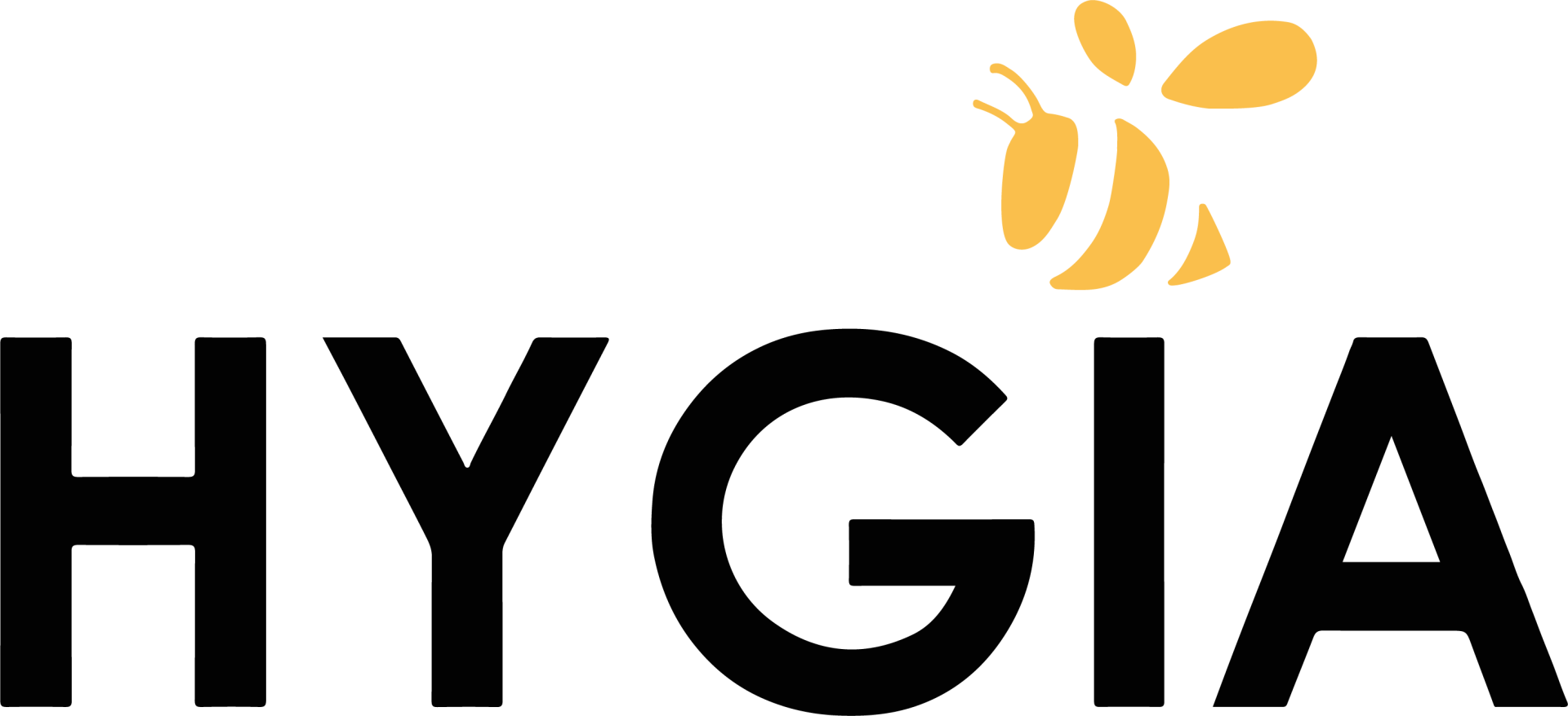Comprehensive Risk
Evaluation and Mitigation
Compliance Risk Assessments
Risk Evaluation
Risk assessment allows organizations to pinpoint weaknesses in their internal controls and systems and take measures to mitigate high-risk areas. HYGIA follows a comprehensive approach to risk assessment, starting with the identification of compliance risks through a thorough review of regulatory requirements, such as referral sources, HIPAA privacy and security, and claims development and submission. This phase culminates in an impact and probability analysis that prioritizes risks and prepares for the subsequent remediation phase.
Risk Reduction and Remedial Measures
During the high-risk areas remediation phase, risks are ranked, and a work plan is developed to address and rectify those identified risks. This involves implementing policies, procedures, and controls to mitigate the identified risks effectively. A crucial aspect of this phase is educating the Compliance Department, enabling them to recognize risks, understand their root causes, and effectively manage and reduce risk.
Risk Oversight and Audit
The risk monitoring and auditing phase is a continuous aspect of the risk assessment process. HYGIA collaborates with healthcare organizations to establish and execute controls that monitor the effectiveness of policies, procedures, and systems. Additionally, we conduct independent and impartial audits to evaluate whether the implemented policies, procedures, and systems effectively assess and address risks.
Risk Reporting and Review
Risk reporting serves as the concluding phase of the risk assessment process. HYGIA prepares a formal report to inform the Board of Directors and executive management about the high-risk areas identified during the risk assessment. The report outlines how these risks will be mitigated through the subsequent phases of remediation, monitoring, and auditing.

